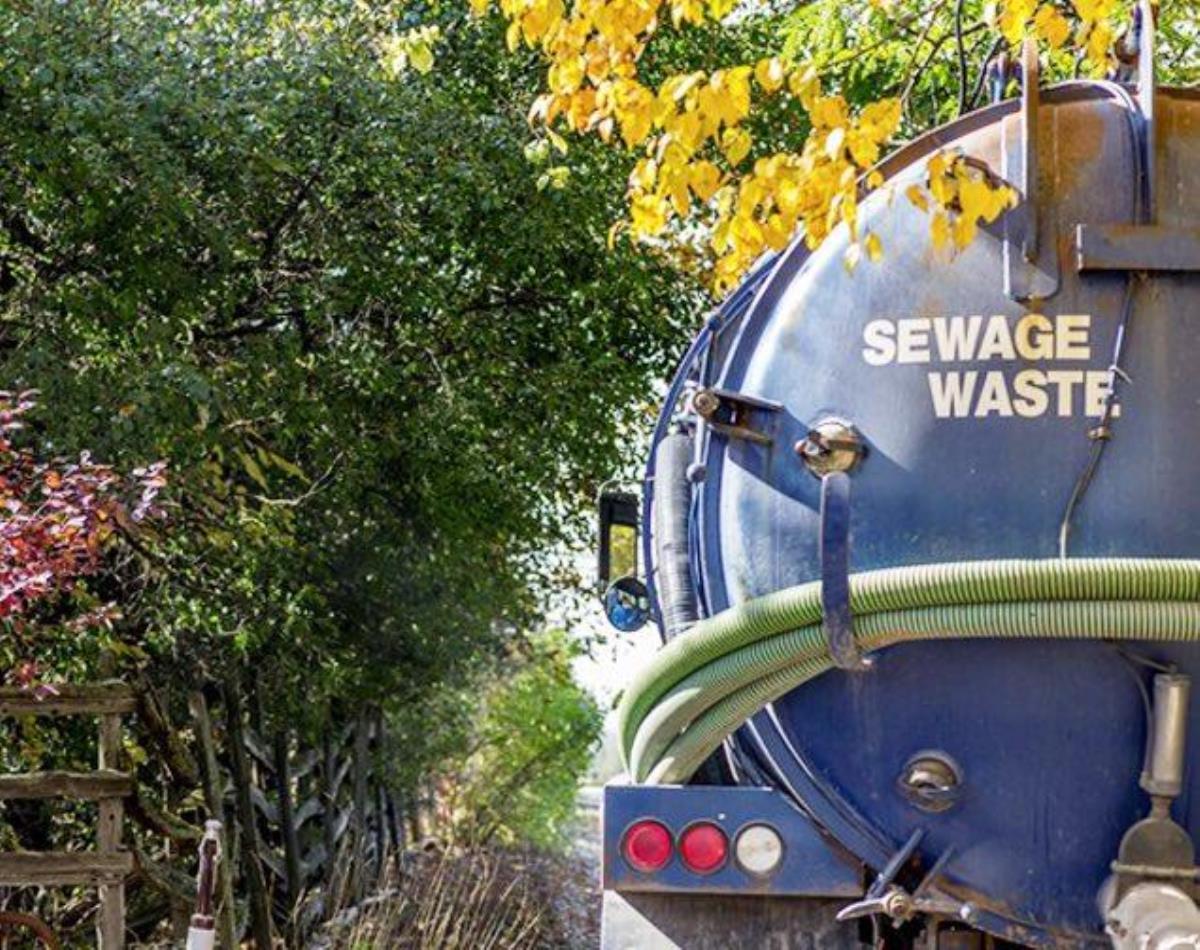
Liquid waste is sewage from septic tanks and wastewater from industries like food, agriculture and manufacturing.
Liquid waste carriers are private contractors who can collect, transport and discharge liquid waste into Unitywater’s sewerage system provided they have an agreement with us.
Pre-treatment servicing for businesses
Servicing frequencies for your pre-treatment device are specified in your Trade Waste Approval. Frequencies vary according to:
- type and size
- type and size of the business discharging to the pre-treatment device
- cooking and cleaning practices used at the business.
As a general guide, the periods between servicing should not be greater than three months.
The business owner is responsible for arranging service and maintenance of their pre-treatment device. Evidence of this service is required by Unitywater in the form of a receipt issued by the private contractor. This information must be in an acceptable format to Unitywater.
Liquid waste carrier businesses need approval to discharge liquid waste in Unitywater's infrastructure
Please complete the and return the following form via email to tradewaste@unitywater.com or the other methods listed on the form.
Liquid Waste Carrier Application Form (PDF 2.76MB)
In your application please also include:
- vehicle registration
- tanker capacity
- types of liquid waste wanting to be discharged
- frequency of discharge.
Once the completed form is received a trade waste officer will contact you to make an assessment.
- If successful, you will be issued a discharge permit, key fobs and an invoice for the annual permit fee.
- If unsuccessful, a trade waste officer will advise of the reasons why you were unsuccessful.
Please note: Under current legislation liquid waste carriers that intend to collect and transport regulated waste as defined in the Environmental Protection Act and administered by Department of Natural Resources and Mines (DNRM) must also have the relevant licenses to undertake such work.
| Type of liquid waste | Waste accepted / NOT accepted |
|---|---|
| Domestic holding tank | |
| Domestic septic tank | |
| Domestic on-site treatment plant | |
| Chemical toilet (porta-loo) | |
| Non domestic sewage (prior approval required for each site before discharge) | |
| Gross pollutant trap | |
| Grease trap waste | |
| Pesticide or herbicide | |
| Any waste that is likely to inhibit the sewerage treatment process | |
| Any waste that is likely to contaminate the bio solids from the sewerage treatment process |
Waste accepted
Waste NOT accepted
Due to the complex nature of these waste streams, Unitywater may undertake sampling and analysis before approval is granted. The applicant requesting approval to discharge the liquid waste is required to pay for the sample collection and analytical work. Trade waste staff may conduct a site visit or take a sample out of a tanker. An ongoing sampling regime may also be required.
For information on using a liquid waste disposal point read our operating instruction guide (PDF 898KB).
Need more information?
Please contact our trade waste team by emailing tradewaste@unitywater.com or by contacting us.
View the trade waste fees and charges for a summary of trade waste pricing.
How are charges determined?
- Liquid waste carriers are issued with a ‘key fob’ for each vehicle in their fleet. This allows access to the discharge site/s as per their approval and permit conditions and is required to open and close the discharge valves.
- All of the discharge receival points are fitted with an electronic recording system.
- The system records details of the date and time, company, tanker, waste type and discharge volume before sending this information to Unitywater to record against the associated account.
- Billing frequency is determined by the quantities and/or account value which is usually monthly or quarterly.
What are the volumetric charges?
| Trade waste volumetric pricing | Unit | 2023-24 price ($ excl GST)* |
|---|---|---|
| Tankered domestic sewage and landfill / holding tank leachate | per kilolitre | $2.96 |
| Tankered non domestic sewage | per kilolitre | $34.47 |
| Tankered chemical toilets | per kilolitre | $69.47 |
| Tankered septic tank / on site waste treatment systems | per kilolitre | $82.21 |
| Liquid waste carriers and tankers - Access Tag Deposit | per tag | $75.00 |
| Liquid waste carriers - Permit | unit per tag | $370.00 |
*GST is not applicable on any of the above trade waste charges.
